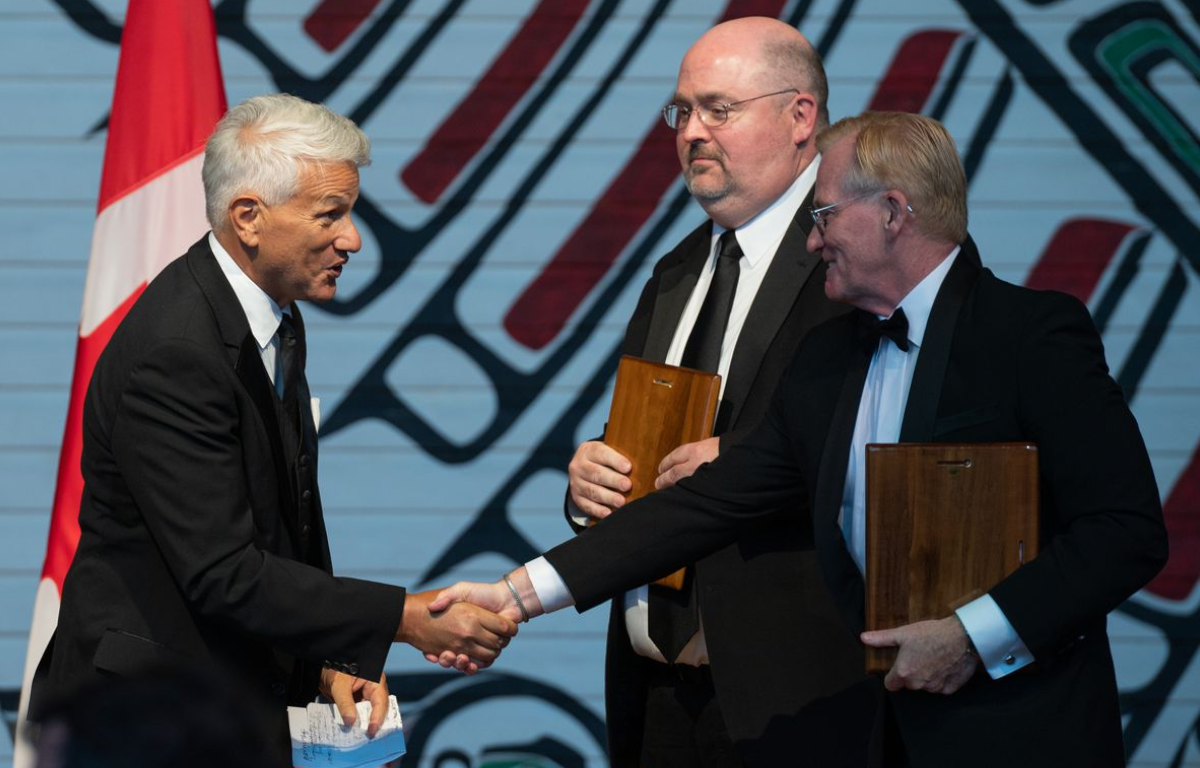
Amid the ongoing discussions about international relations, allegations have emerged that funds connected to the CCP have found their way into the NIH. This revelation has prompted Chip Roy, a prominent figure in the Republican Party, and his colleagues to voice their concerns. The allegations suggest that these funds might be influencing research activities or exerting subtle control over the organization’s operations.
The overarching concern highlighted by Chip Roy and his GOP colleagues revolves around national security and research ethics. National Institutes of Health plays a pivotal role in advancing medical research, developing treatments, and enhancing public health. With allegations of CCP-linked funds potentially infiltrating the NIH, questions arise about the integrity of the research conducted under such circumstances. National security concerns stem from the possibility of sensitive research findings being shared with entities that might not have the United States’ best interests at heart.
Foreign funding in research and academic institutions is not uncommon, and it often plays a critical role in advancing scientific knowledge. However, the nature of the funding and its potential influence cannot be overlooked. When foreign funding, particularly from sources closely associated with governments or political bodies, finds its way into organizations like the NIH, ethical questions arise. The concern isn’t merely about the financial support itself but about the possible strings attached and the subsequent impact on research objectivity and transparency.
One of the primary calls by Chip Roy and his GOP colleagues is for increased transparency and accountability. Transparent financial reporting mechanisms within organizations like the NIH are essential to maintain public trust and ensure that research activities remain unbiased. If foreign funds are indeed entering the organization, transparency becomes paramount to prevent any undue influence over research directions and findings.
It’s important to note that international collaboration in research has played a significant role in driving scientific advancements. Collaborative efforts have led to breakthroughs in various fields, contributing to global knowledge. However, as these collaborations continue, it’s crucial to strike a balance between cooperation and safeguarding national interests. The issue isn’t about closing doors to international collaboration but about ensuring that such collaborations occur transparently and without compromising vital ethical and security considerations.










Share this: